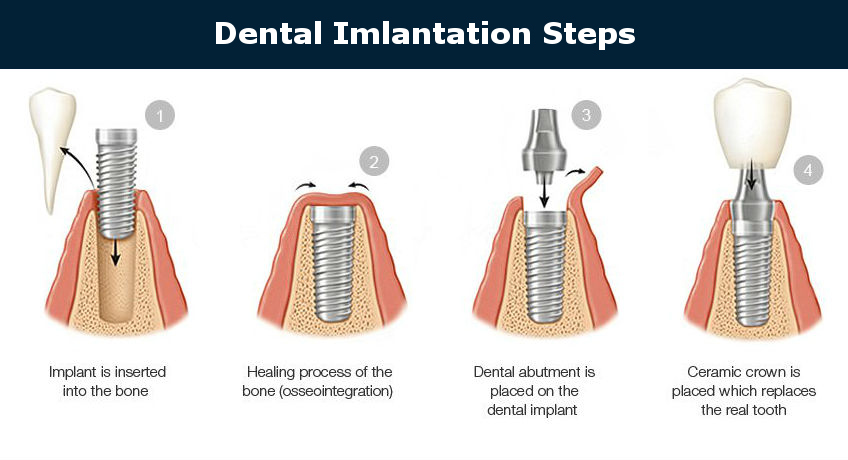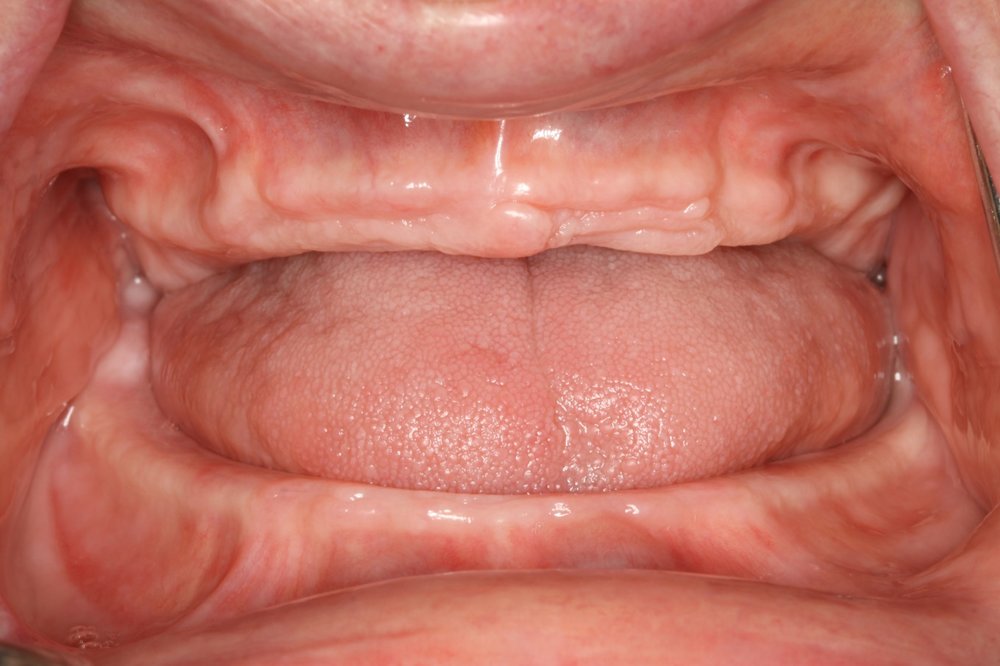In This Article
Introduction:
This is David and I am a dental implant educator at Chicago Implant Studio. I noticed that our dental implant patients are always curious about and want to know more about “Types of dental implant abutments”
Stock Abutments:
Stock abutments, also known as prefabricated abutments, are pre-manufactured by dental implant companies. These abutments come in standard sizes and shapes, offering convenience and cost-effectiveness. While they may not provide a perfect fit for every patient, stock abutments are commonly used in straightforward implant cases where customization is not necessary.
Custom Abutments:
Custom abutments are specifically designed and fabricated to meet the unique needs of each patient. They offer a high level of customization, ensuring an optimal fit and esthetics. Custom Types of dental implant abutments are typically fabricated by dental laboratories based on detailed specifications provided by the dentist. This type of abutment allows for precise alignment and contouring, resulting in superior functionality and natural-looking results.
Angled Abutments:
In cases where the implant is not ideally positioned, such as when the patient’s bone structure or adjacent teeth pose challenges, angled abutments can be used. These abutments have a built-in angle, allowing for proper alignment of the prosthetic tooth with the adjacent teeth. Angled abutments help achieve better esthetics and functionality by compensating for the implant’s placement angle.
Temporary Abutments:
Temporary abutments are used during the healing phase of dental implant treatment. These abutments facilitate the attachment of temporary crowns or dentures until the final restoration is ready. Temporary abutments are designed to be easily removed without damaging the surrounding tissues, enabling the smooth transition to the permanent Types of dental implant abutments and crown.
Zirconia Abutments:
Zirconia abutments are known for their excellent biocompatibility and esthetic properties. Made from a durable and tooth-colored material called zirconium oxide, these abutments provide a metal-free alternative. Zirconia abutments are highly resistant to corrosion and can be precisely matched to the natural color of adjacent teeth, resulting in a seamless blend with the patient’s smile.
Conclusion:
Selecting the appropriate dental implant abutment is a critical step in ensuring the success and long-term stability of dental implants. Each type of abutment offers unique advantages depending on the patient’s specific needs and clinical situation. From stock abutments providing cost-effective options to custom abutments offering personalized results, dental professionals can tailor the treatment to meet individual requirements. By understanding the different types of dental implant abutments discussed in this article, patients can engage in informed discussions with their dentists, contributing to a successful and aesthetically pleasing dental implant outcome.
Remember, consulting with a qualified dental professional is essential to determine the most suitable abutment type for your specific case. With proper care and maintenance, dental implant abutments can provide patients with a reliable and long-lasting solution for restoring their smiles and oral function.
Meet the Best Dental Implant Surgeon at Chicago Implant Studio
Chicago Implant Studio is a reputable dental implant clinic in Aurora, Illinois. Find out how dental implants can improve your life and overall health. We offer an international warranty on dental implants for a lifetime. Schedule a free consultation online today or call us at (331) 257-7999.






